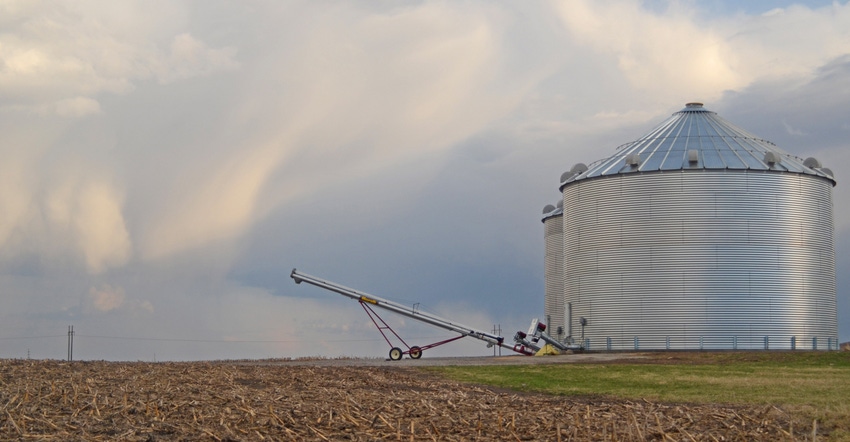
It's been pointed out that agricultural land in the U.S. will see a massive transfer of wealth over the next 20 years. In some cases, this transfer of assets may result in multiple ownerships among family members — and this may pose a few challenges for the parties involved.
"When you have three or four or five family members, it can become very complicated, and ownership may feel like a hardship due to family disagreements that develop because of the way the farm is currently being managed," says Mark Stock, president and co-owner at BigIron Realty. "Maybe one of the family members has taken on the management responsibility, and they are not getting enough rent based on the area market or the ground is being abused. There are a million reasons why multiple ownerships should consider dissolving before an explosion takes place. That's what we're seeing right now."
BigIron Realty hosted a series of seminars at Husker Harvest Days discussing several topics related to land ownership and transfer — including passing the farm on to the next generation or, when deciding to sell, getting the most out of the asset.
One question that often comes up is whether an auction — online or otherwise — has a reserve that must be met before the asset is actually sold. Stock notes BigIron is a no-reserve auction company, but it's important to keep in mind that some sellers are not candidates for a no-reserve sale.
"Obviously, if they are borrowing money from a bank, the bank's got to sign off, or the equipment company that's holding the note has got to sign off on a no-reserve sale before it can be sold on our site," Stock says. "We guarantee it to be a lien-free transaction, which means the property being sold is lien-free on an honest, reputable, absolute unreserved auction. This process brings more buyers to the event because they know they're not wasting their time."
In the past few years, farmers, ranchers and all prospective ag land buyers probably have noticed an influx of ag land being sold through online auctions, rather than at public auctions. Stock notes online auctions provide anonymity when bidding against neighbors and family members.
"Selling land on an online auction has created a more equal playing field than a public auction because the online site has anonymity," Stock says. "We're still transparent because we show a bid history, but you don't know if you're bidding against your neighbor. You don't know if you're bidding against your own relative. You know you're bidding against somebody, because you can see the number.
"People know when the bidding is done, it's sold, and they are going to know who bought the land because it's going to be published when the deed transfers the property. It brings more value to the landowner because more people participate. People don't have to worry about the land not selling because it's not bringing enough money. They bid on it because they know it's going to sell."
With the combination of no-reserve and online auctions, Stock says there has been a steady growth in interest in online auctions, which typically draw more interested bidders.
"We have close to 5,000 different sellers using BigIron.com this year," he says. "The reason they use it is they're comparing prices on open outcry sales to what sells on an online-only sale, and we're getting better results. We're legitimate, we do no-reserve auctions, we publish the seller's phone number. Our business is on a steady growth pattern right now with more buyers and sellers all the time. We're averaging 32% new bidders every week, and the rest are repeat bidders."
"I've said for years that when a farm is for sale, prospective buyers need to look at that purchase because it works for their operation," Stock adds. "They shouldn't be bidding on it because they hate their neighbor, but they shouldn't be not bidding on it because they like their neighbor. They should be bidding on it because it fits their operation at that point in time. And that's what an online auction helps bring to the table.
"We have conducted many open outcry public auctions where whoever bids first, other people don't want to bid against, because they go to church together, their kids are in the same school together, and they think that it's going to create hard feelings — and, in a lot of cases, it does. Online auctions don't do that unless the buyer tells everybody, 'I was the one bidding against you.' If they want to do that, that's their business."
About the Author(s)
You May Also Like






